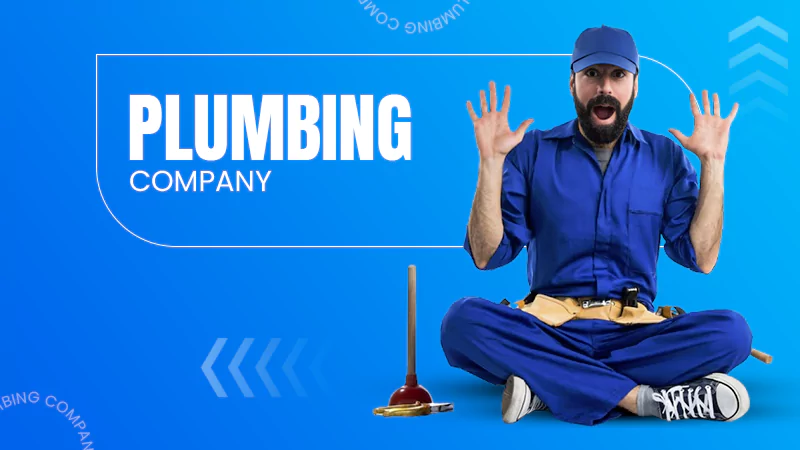Does Your Business Need an App?
About a decade ago, it seemed like every man and his dog wanted you to download their app. Shops you only use once in a blue moon were pushing hard to tell you all about the supposed benefits that their app offered, almost every loyalty card suddenly had a mobile version, and everything had a QR code attached to it.
The problem was, many of these apps got downloaded, used once, and never opened again. Much of the money invested in them went to waste or the return that was achieved was much lower than anticipated.
Thankfully, many businesses now realize that apps are great in certain circumstances, but should be avoided in others. However, if you’re just starting up or you’re unsure whether an app is right for your business, here are some points to think about.
If you don’t need any of these key features, then you’re better off just using a website that can easily be accessed using a smartphone.
Using Hardware Functionality
Modern smartphones are packed with all kinds of sensors and processing chips that provide additional functionality. Most businesses don’t require access to these features or when they do, they only need basic functionality. Therefore, a mobile-friendly website would be more than sufficient in most circumstances. For example, accessing a user’s location from the phone’s GPS chip can be done via the web browser.
However, accessing more advanced features such as hardware-accelerated graphics, accelerometer data, or direct access to the camera usually requires an app. This is common for mobile games as they need better access to the user input data, the freedom to switch between portrait and landscape modes, and to provide better graphics for their users. This access to hardware now helps games like PokerStars and Fortnite offer very similar experiences to players on mobile devices as they do for PC users.
Sending Notifications
One of the most used features of modern smartphones is the push notification system. It helps to alert users to events that may be of interest to them or that require them to take action.
Push notifications are an incredibly powerful tool when they’re used correctly. However, according to Research Gate, users receive around 80 of them every single day. Just like with the hundreds of emails they are sent every day, users now filter notifications, ignoring most and only responding to the most important.
Therefore, you should consider the value that notifications will bring to your users. If they will be of value, such as providing order updates or real-time communications, then you may want to consider an app. If any notifications you send will be a nuisance, then an app may not be necessary.
Mobile websites can now use a web browser to send notifications instead, but it’s not branded in the same way and lacks the interactive functions a native app has.
Regular Use
Apps like Facebook, Amazon, and Instagram are typically opened regularly, often more than once per day. For recurrent use like this, apps are a great option as they make it easier for the user to dip in and out of your content.
While you can still allow regular use through a web browser, the experience is degraded because of the extra steps a user is required to go through. In a web browser, the page may need to be refreshed to see new content, clearing cookies will delete the session, and there’s no separate button for the user to press to access your site from the home screen.
Going Full Screen
If you need to use the entire screen, away from any address bars or navigation buttons, then an app is essentially your only option. Again, some mobile web browsers will hide their interface if a user scrolls down, but again, this is restrictive when compared to the complete control you have when creating an app.
Using the entire screen can help avoid distractions that may lead to a user navigating away before they’ve completed a purchase or before they’ve entered certain information that you want to collect. It is also sometimes possible to pause notifications when in full-screen mode to cut down on distractions too.












